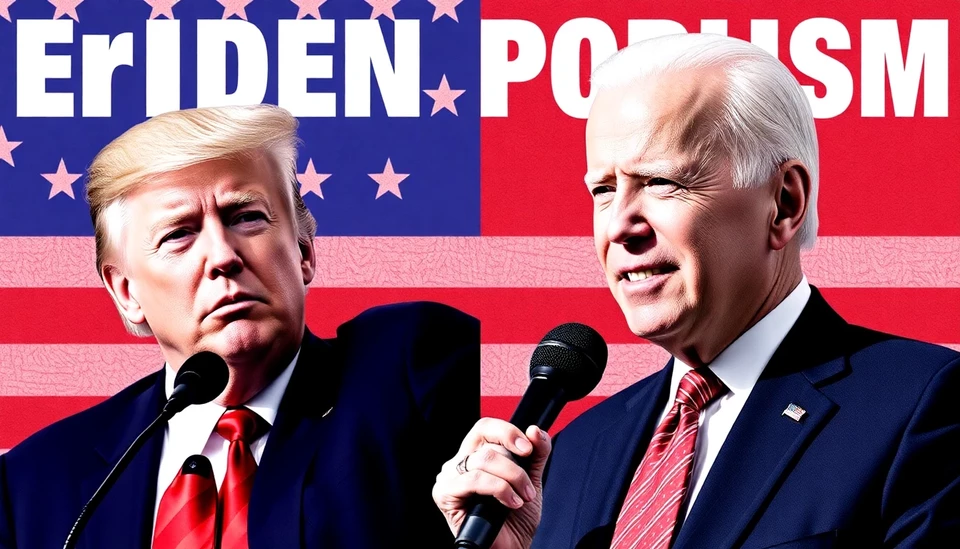
In a striking analysis of the ongoing economic policies championed by former President Donald Trump and current President Joe Biden, it is becoming increasingly evident that the populist strategies adopted by both administrations may not be yielding the promised benefits to the American populace. As the nation grapples with persistent inflation and economic uncertainty, questions loom large over the effectiveness of these approaches.
During Trump's presidency, the focus was heavily placed on "America First" policies, which aimed to revitalize the manufacturing sector and reduce trade deficits. However, critics argue that this strategy led to turbulent trade relationships and did not sufficiently address the broader economic challenges faced by everyday Americans. While some sectors saw temporary boosts, the overall benefits have been questionable, with many struggling to keep up with rising costs of living.
On the other hand, Biden’s recent foray into economic populism has centered around addressing inequality, with significant investments in social programs and infrastructure. His administration has sought to alleviate the burdens associated with the pandemic recovery, fostering a narrative of economic justice and equitable opportunity. Yet, as inflation continues to climb — with consumer prices lingering at multi-decade highs — many are beginning to wonder if these measures are adequately addressing the root causes of economic distress.
The criticisms of both leaders’ economic policies highlight a growing disillusionment among constituents who feel that neither administration has successfully tackled the core issues plaguing the economy. Cash-strapped families are finding it harder to make ends meet, as wages have not kept pace with inflation and essential goods become increasingly unaffordable.
Furthermore, public sentiment suggests that economic populism, rather than creating the anticipated uplift in the lives of average Americans, has frequently resulted in disillusionment and anxiety regarding the future. Surveys indicate that many voters are wary of the promises made by politicians, feeling that the current trajectory of fiscal policies has largely favored corporate interests over individual livelihoods.
As the 2024 elections loom closer, both parties are faced with the pressing need to recalibrate their economic messaging and policies, moving beyond mere populism to offer tangible, realistic solutions for the electorate. Voters are signaling a clear demand for accountability and effectiveness in policy implementation. Both Trump and Biden must confront the reality that economic conditions and public expectations have evolved significantly, requiring a more adaptable approach to policy-making that genuinely addresses the challenges faced by working-class Americans.
As this political landscape continues to unfold, observers are keenly watching to see how both leaders will respond to the changing economic climate and whether they will pivot from their current strategies in favor of more sustainable solutions.
In a time marked by rapid economic shifts and evolving public sentiment, the question remains whether the populist approaches will ultimately redefine American economics or fall short of their grand aspirations.
Given the contemporary economic climate, it appears that a deeper understanding of the underlying issues, coupled with innovative solutions, will be essential for any administration to navigate the complexities of the current economic landscape effectively.
As this situation evolves, stakeholders across all sectors must engage in meaningful dialogue to shape strategies that not only resonate with voters but also foster genuine economic stability and growth for the American populace.
#economicpopulism #Trump #Biden #USPolitics #inflation #economicpolicy #workingclass #2024elections
Author: Rachel Greene




